
Listen to the MP3 audio file
The Solari Report – 16 Apr 2009
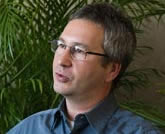 Dmitry Orlov is an engineer, author and blogger. He was born in Leningrad and moved to the United States at the age of 12. He has a BS in Computer Engineering and an MA in Applied Linguistics.
Dmitry Orlov is an engineer, author and blogger. He was born in Leningrad and moved to the United States at the age of 12. He has a BS in Computer Engineering and an MA in Applied Linguistics.
Dmitry was an eyewitness to the collapse of the Soviet Union government, currency and economy over several extended visits to his Russian homeland between the late 1980s and mid-1990s. His observations are described in his book, Reinventing Collapse, published last summer.
His articles on the Russian collapse experience and what Americans can learn from it are widely read, including, Closing the Collapse Gap, which compares the collapse-preparedness of the USA and the USSR, and Social Collapse Best Practices (video version.)
On this Thursday evening’s Solari Report, in addition to covering current market events and your latest questions, I will be speaking with Dmitry about the possibility of a collapse in the United States and what we can learn from the Russian experience as we move together through tough economic times.
If you are a subscriber to The Solari Report, you can post your questions at your private panel or feel free to also post them at this blog post.
If you would like to learn more about The Solari Report and subscribe, click here.








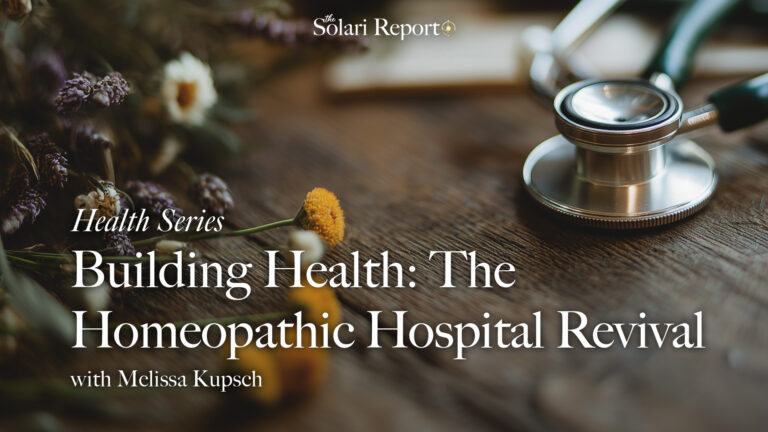
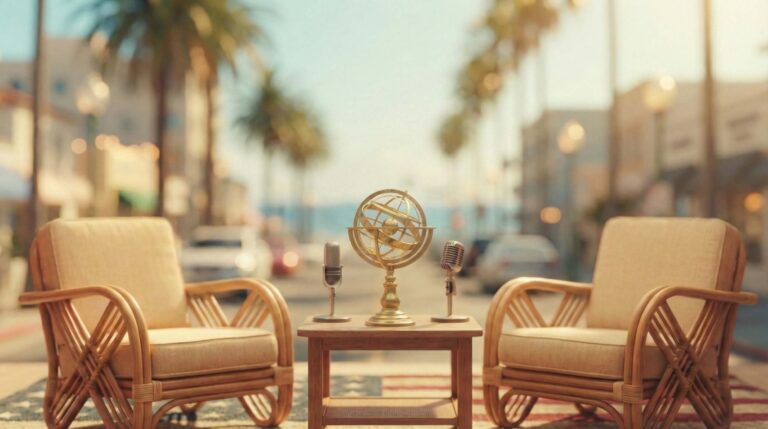

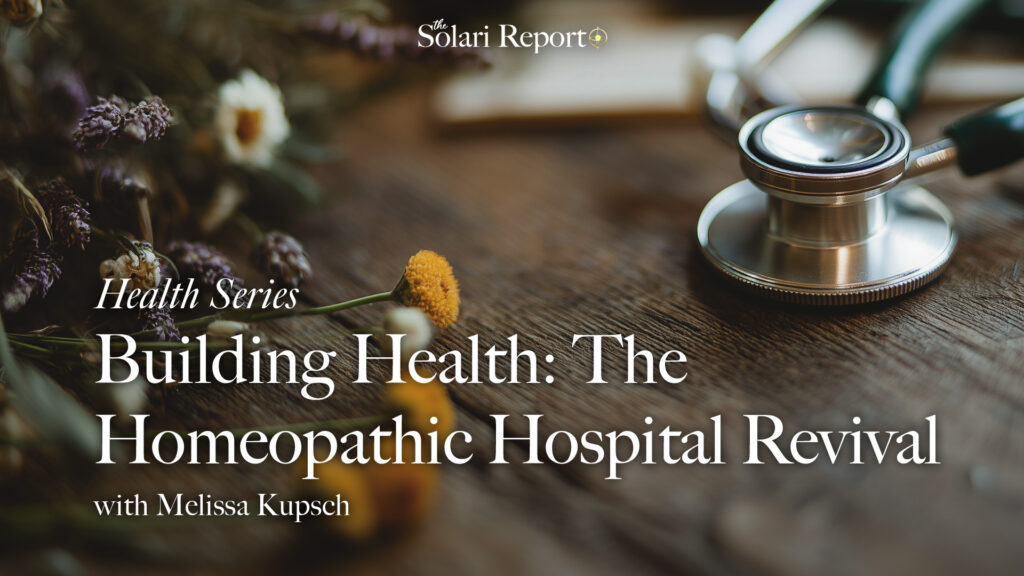
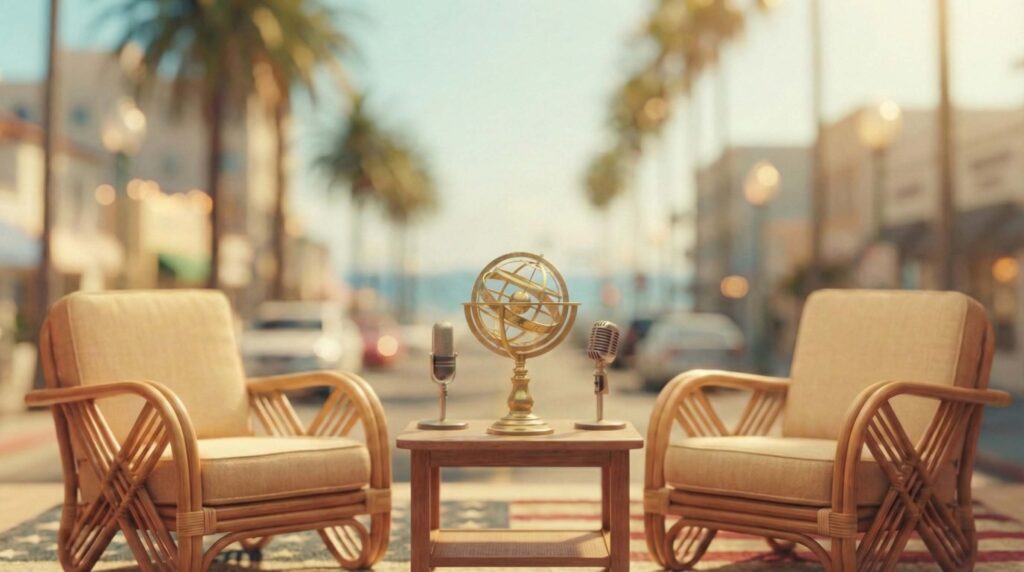















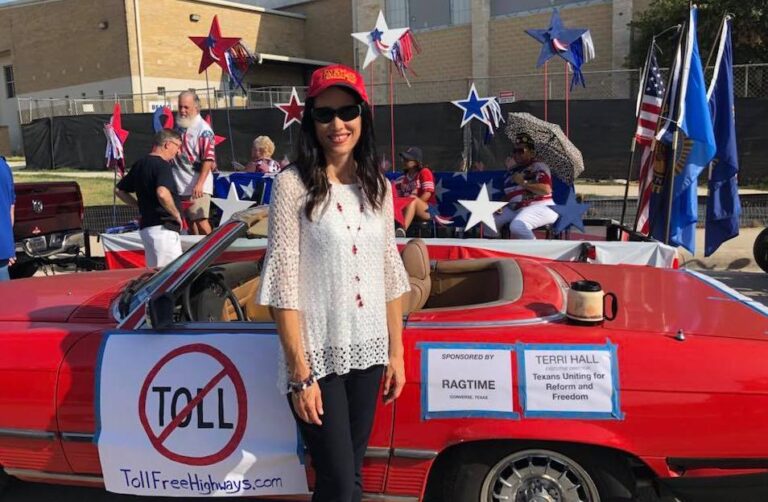
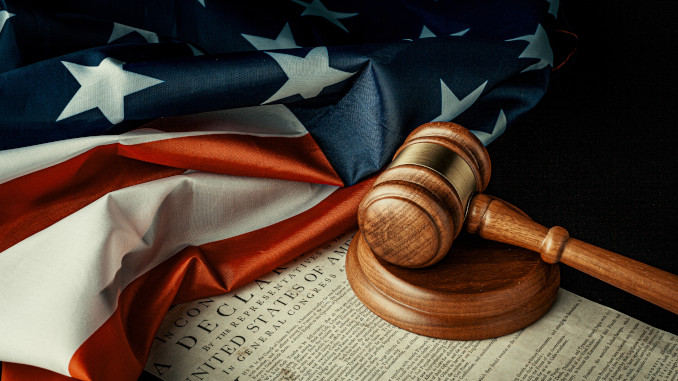
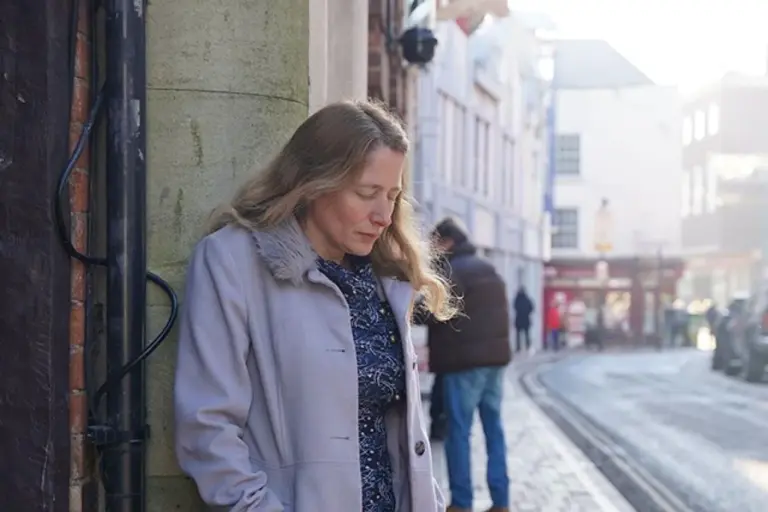
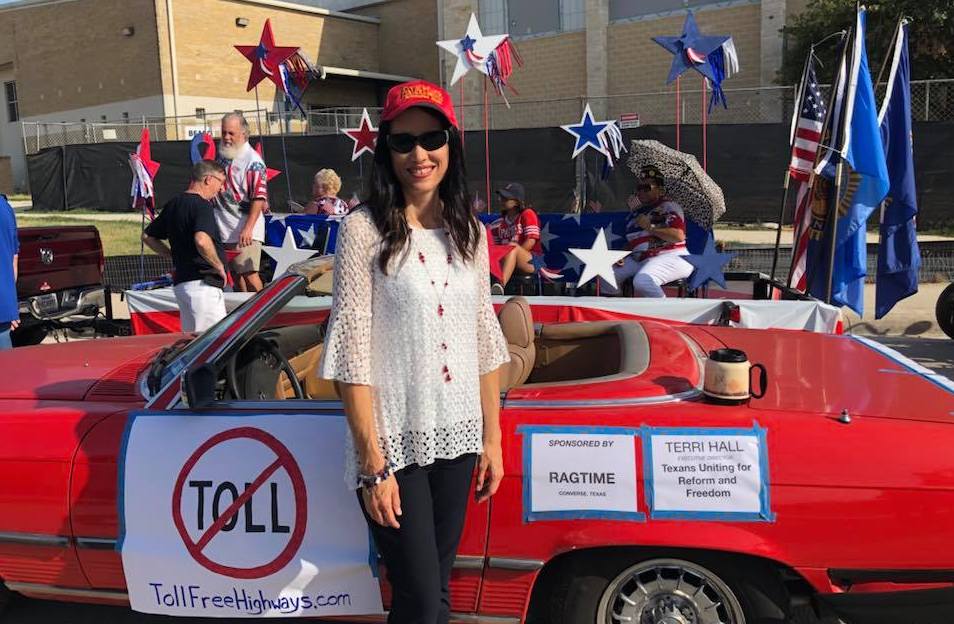
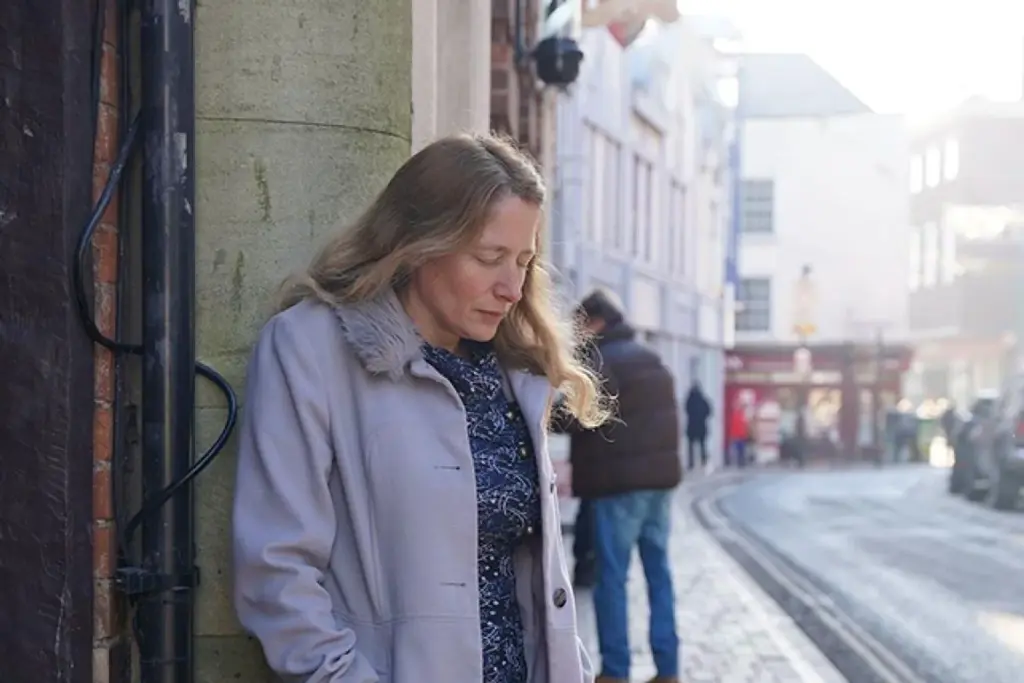

























































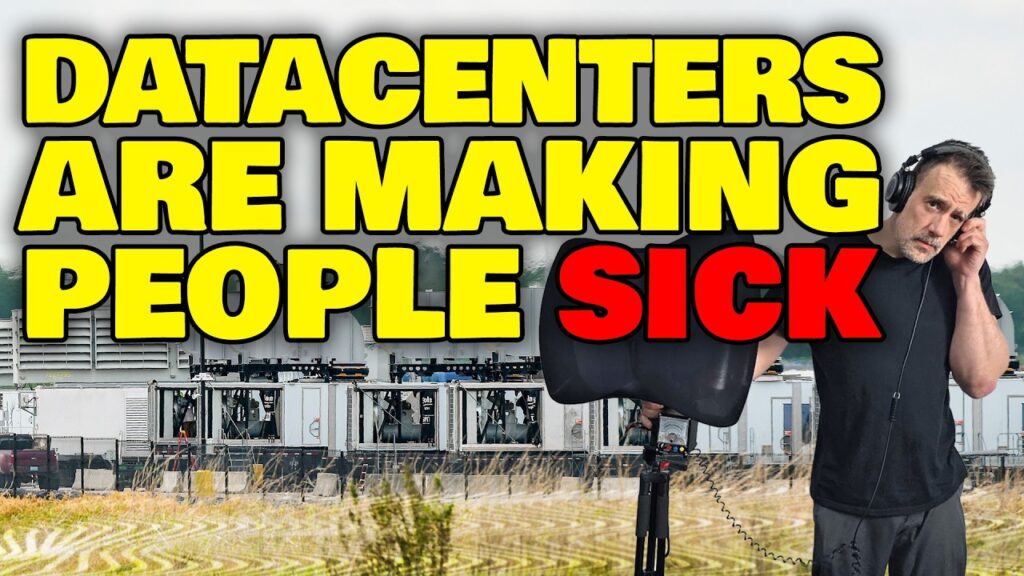



























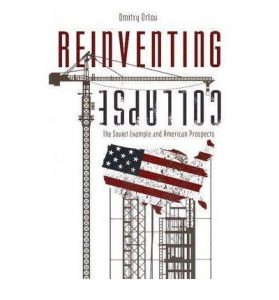

If the IMF succeeds in issuing gold certificates or any other form of money, what will it mean for gold and silver?
My husband is retired. We have two cars,2003, 1993, one which I drive, and a 79 Toyota truck my husband still likes and uses. I like to walk and it is a very long walk to town from the ridge I live on but I used to do it and did it twice in the snow this past December. Aside from the moral aspect of not owning a car, I was thinking whether I should sell mine or not. I have a possible buyer. We could get by, it would just mean me riding a bike sometimes in the rain and maybe until the collapse not having the freedom to drive to a favorite place along a lake or river or to meet a friend in Portland. On the other hand after the collapse, it would be too expensive to replace my car. But with oil supposed to be so expensive I probably should sell it now??? Apologies for my mundain little problems…
Leigh
Having a car is still in my mind a good thing. There are times when getting out of an area might be important, something that is much easier with a car. If someone becomes ill what do you do, how to get to a doctor. A car still gives independence. Not driving everywhere and riding the bike or walking are good things. But unless you live in the town itself might get to be a drain on you.
I have a friend here in our small town who gave up her car the last time it broke down. She did it more for philosophical reasons than monetary but it has limited her in many ways, and the energy it takes to walk everywhere has impacted her weight and she then finds she has to eat more just to keep up her strength.
Finding a second hand Honda Insight or Prius or a biodiesel converted car that runs on discarded fastfood oilmight be an alternative.
I’m not ready to give up my 12 year old car yet! ;>0
Jack:
I don’t disagree that Orlov’s material can be scary.
If you have read his book and his articles, I find them to be quite valuable for several reasons:
1. He has very useful insights on superpower behavior and American culture;
2. He gives a very effective description about what happened in Russia. He is an engineer by training and breaks down the specifics in different functional areas;
3. He helps his reader understand what happened in Russia. Reviewing this example and other various economic warfare implosions is instructive to understanding the activities that were subsidizing the debt bubble in the 90’s — and the ethical implications of our participating in the profits thereof;
4. He helps his reader understand what a worst case might look like and how to build household and local resiliency;
Since I think there are profoundly important reasons to build household and local resiliency, even if I believe the worst case in the US is a lower probability than Orlov, I find contemplating his point of view to be a very good use of my time. I think having a plan for the worst case makes sense and is a good investment of my time.
Orlov’s message rarely breaks through the general media in America. One of my theories is that we digest so much entrainment and subliminal programming that it is difficult for us who still enjoy a middle class existence in America to contemplate that what can be done to one, can and may be done to all.
For those of us who have lived through the worst of what can happen on the wrong side of the beast, scaring those who have not sometimes seems the kind thing to do.
Catherine
Orlav’s view of the probable future reminds me of a joke from the movie No Man’s Land. Question: what’s the difference between an optimist and a pessimist? Answer: a pessimist fears that things are as bad as can be; an optimist knows they can get a lot worse.
Now, there is an optimism I can get behind.